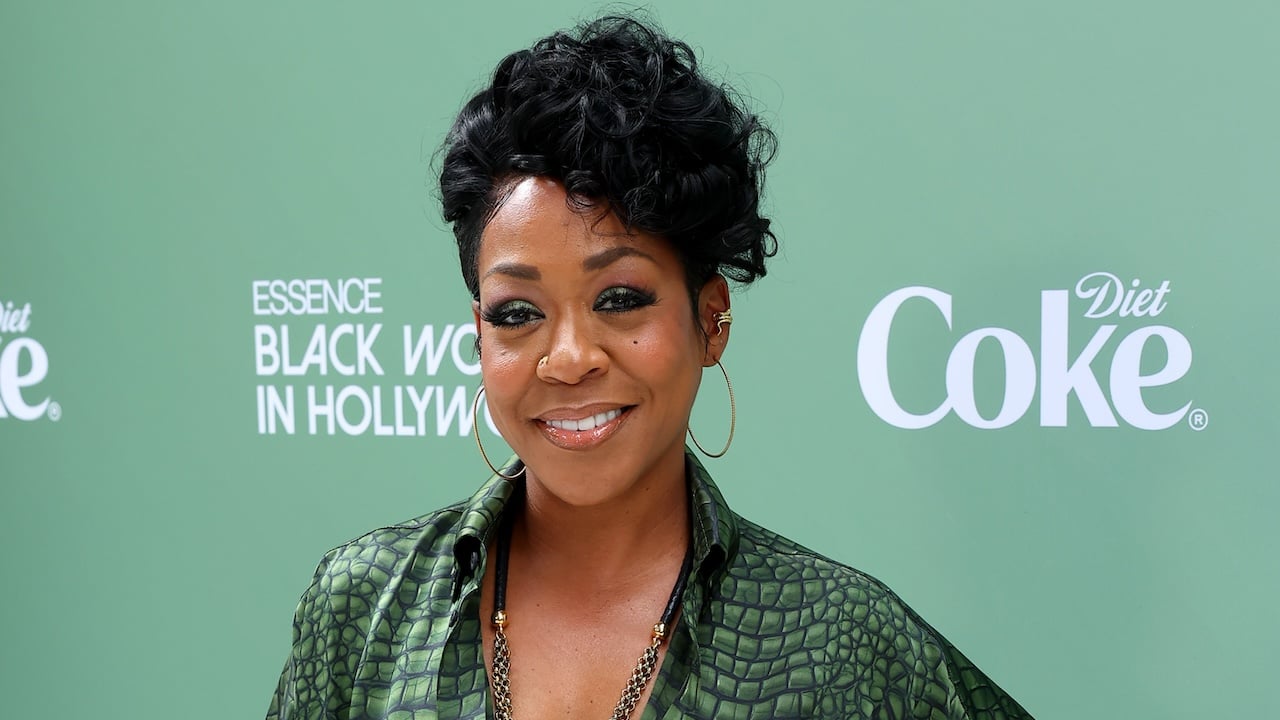
It’s no surprise that having a disability has historically been perceived as a weakness. That’s how disabilities have been portrayed in both media and society as a whole.
This perception of disability has also found its way into the workplace—which, rooted in capitalism as it is, tends to prioritize productivity. This has resulted in widespread ableism and has excluded many workers with disabilities.
But Brittany McGuire, a human resources and talent acquisition partner at Caddi, Inc., in Chicago, notes “a growing trend of employers recognizing the value and contributions that individuals with disabilities bring to the workplace. However,” she adds, “there’s still significant room for improvement regarding how these candidates are perceived and evaluated during the interview process.”
As a result of the overarching corporate narrative that paints disability as a weakness, discrimination continues to exist. Some of the latest career research shows that 25% of disabled workers still experience discrimination during a job search, which is something I know firsthand as well. As a result of my speech disability, I once faced discrimination from a potential employer who said they would “never hire someone who stutters to be in a sales role.”
Despite this historically negative perception, McGuire says that “individuals with disabilities can reframe their challenges as strengths. By highlighting the unique perspectives and skills that come with disability, individuals can challenge negative stereotypes and position themselves as valuable assets in the workplace.”
Since my interview with that discriminatory employer—and after working in various marketing, nonprofit and education positions—I’ve found myself disclosing my speech disability in a way that focuses on how having a disability can actually be an asset in the workplace. Let’s take a look at some ways you can do the same.
Having a disabilities provides greater empathy
Having a disability is often linked to a greater sense of empathy. This can be useful in certain positions and industries, such as the nonprofit sector and health care field.
For instance, when I applied for a job several years ago in accessibility services at a local university, I didn’t simply disclose that I had a speech disability—I framed it as a valuable trait. I also emphasized how it gives me empathy for other students with disabilities, whom I would be supporting in the position, and enabled me to build a rapport with them. A few days later, I received an email from the employer with a job offer.
As Sam Berman, a disability inclusion and accessibility consultant in New York City, notes, “My disabilities are part of what differentiates me as an employee. They are part of my strength and value as a person in society. They afford me greater empathy and give me a perspective other people do not have.”
Berman identifies as having multiple disabilities, including a cognitive disability, and primarily works in the digital accessibility space. He specifically positioned his disability as a strength in his latest job interview, leaning into the sense of empathy that his disability has granted him.
“The empathy I’ve developed as a disabled person allows me to be relatable and explain complex, technical concepts to nontechnical people,” he says. “My experiences allow me to see things others don’t. I’m able to make connections for people—for example, between mainstream technology and accessibility—that foster empathy and awareness, and by doing so, I’m able to play a part in shifting perspectives.”
Making a case for hiring people with disabilities
In contrast to the discrimination that many disabled workers have faced in the job hunt, there’s also a case to be made as to why companies should prioritize hiring people with disabilities.
“Individuals with disabilities often possess unique perspectives that can be invaluable assets to teams and organizations,” McGuire says. “Their experiences can foster empathy, creativity, problem-solving skills and resilience that can benefit the entire workplace. Their unique experiences can provide a fresh perspective on issues, leading to innovative solutions.”
Travis Davis, an Albuquerque-based entrepreneur and disability consultant with cerebral palsy who advocates for employers to hire people with disabilities, notes that people with disabilities also display higher levels of creativity, innovation and problem-solving. In fact, he points out that he may not hold these qualities if it weren’t for his disability.
Earlier this year, Davis collaborated with two partners to launch a location of the restaurant Rush Bowls that specifically hires people with disabilities. “Disability is an asset because one must adapt, strategize and persevere daily,” he says. “Those qualities translate well to the workforce.”
Challenging employer biases
While there seems to be a positive shift in employer perceptions toward disabilities, McGuire points out that biases still exist. “Some employers continue to hold outdated beliefs about the limitations of individuals with disabilities, leading to discriminatory practices,” she says.
Above all, it’s a collaborative effort among people with disabilities, hiring managers and corporate leaders to challenge the biases that surround hiring people with disabilities and make workplaces more accessible.
To do this, McGuire says that disabled job seekers should highlight their transferable skills, communicate authentic experiences of living with a disability and speak out against instances of discrimination. She adds that employers should adopt inclusive hiring practices, provide disability awareness training and partner with disability-led organizations to reduce biases.
Similarly, Davis emphasizes the need to “have honest conversations with people with disabilities at the table to normalize disability in the workplace.”
According to Berman, organizations have a role to play in “walking the walk” when it comes to accessibility. “If organizations start practicing and advocating for genuine disability allyship, others will eventually follow suit,” he says.
He also points out a need to “challenge the capitalist status quo” and says that “employers need to value the quality of output over the quantity of output.” He adds that hiring people with disabilities isn’t just necessary for morality or legal compliance—it’s also good for the bottom line.
“This, coupled with the disabled workforce speaking up,” he says, ”will hopefully change perceptions and flip the cliché narrative around disability in the workplace.”
Photo by Krakenimages.com/Shutterstock.com




